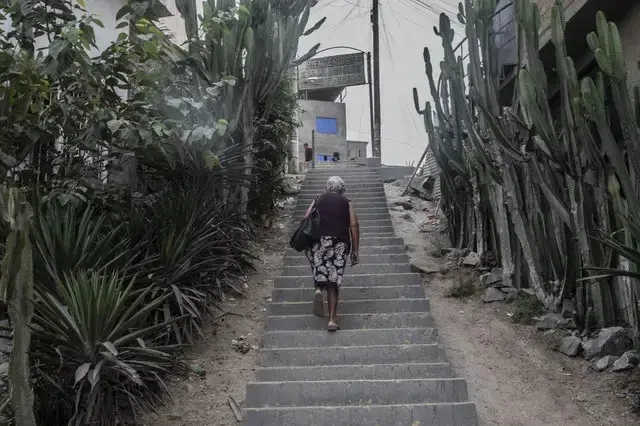
The new directive allows any person or institution to report errors or missing information in the system that determines the socioeconomic classification of households — a key requirement for accessing programs such as Pensión 65.
Just days after Salud con lupa, with support from the Pulitzer Center, published the investigation Invisibles, the Social Targeting and Information Agency (OFIS) of the Ministry of Development and Social Inclusion (MIDIS) approved a directive creating a procedure to receive and address alerts about altered, incomplete or false data in the socioeconomic classification of households. This classification decides who can access social programs like Pensión 65.
The investigation revealed that thousands of older adults living in extreme poverty were removed from Pensión 65 due to mistakes in the Household Targeting System (SISFOH).

As a nonprofit journalism organization, we depend on your support to fund more than 170 reporting projects every year on critical global and local issues. Donate any amount today to become a Pulitzer Center Champion and receive exclusive benefits!
Until now, detecting and correcting an error depended almost entirely on the affected person starting a process at their local municipality — a procedure that could take months or years and often ended without any response. With the new directive, any citizen or public or private institution can notify OFIS directly if they detect that household data has been altered, is incomplete or false. Alerts must include a clear description of the problem and, if possible, supporting evidence.
Alerts can be submitted through different channels: online via the OFIS digital platform; in person at its Citizen Orientation Module in downtown Lima; or by email. The agency has set deadlines to review each case and verify the information before decisions are made that could remove someone’s access to state support.
The directive does not guarantee that benefits will be restored immediately, nor does it change the algorithm used to calculate socioeconomic status. It does not replace the home visits carried out by municipalities to update household information. However, it does open up a more direct way to flag errors that, if left uncorrected, can suddenly cut off access to a social program.
In Invisibles, Salud con lupa documented that more than 81,000 extremely poor older adults were removed from Pensión 65 and reinstated only after navigating long and confusing processes between 2020 and June 2025. The stories showed that the system can fail due to poorly collected data, incomplete forms or an algorithm that struggles to detect urban poverty and neglect of the elderly. With the new directive, OFIS introduces a tool that — while it doesn’t solve all the problems — may help detect and correct those errors more quickly.





.jpg.webp?itok=P8G3-loS)




